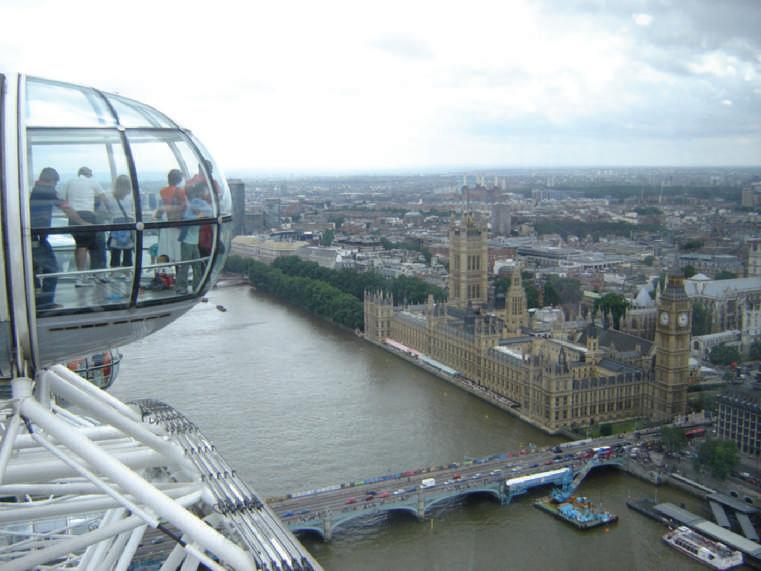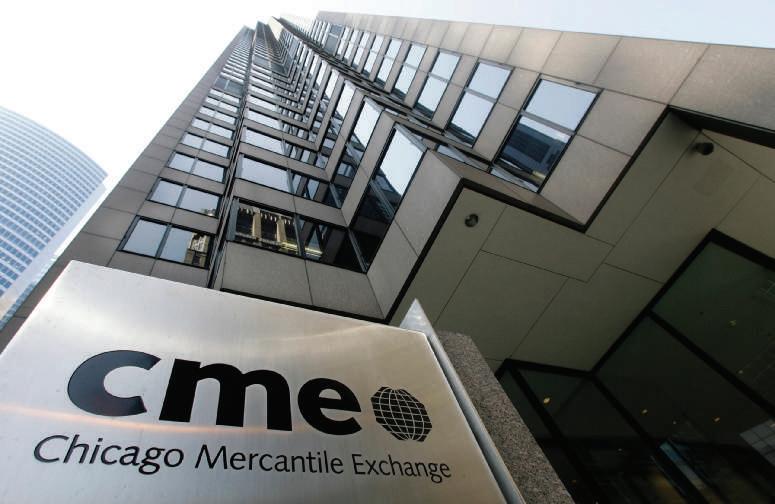
4 minute read
6-3b Political Risks
or at least mitigate such risks through careful planning and research. For example, considerable data and research exists regarding the stability of currencies throughout the world, and companies can take advantage of this research by primarily doing business in countries known to have stable currencies. Switzerland, for example, is widely viewed as one of the most economically stable countries in the world, in good part due to the very high degree of stability of its currency, the Swiss franc. Moreover, there are sophisticated financial hedging and other techniques that companies can, if they plan ahead, engage in to protect themselves with respect to currency risks. Similarly, the United Nations’ International Labor Organization and other agencies have considerable information about labor militancy throughout the world that businesses can use in their planning.
The second final point is that economic risks are not independent of political risks, which are discussed below. Economic problems, such as hyperinflation, often lead to political unrest and related problems. Conversely, political changes such as a military junta’s overthrow of a democratically elected regime can quickly impact a country’s economic situation. Businesses engaging in enterprise overseas, or intending to do so, need to plan for both economic and political risks.
Advertisement
Political risks are the risks that political forces or problems in a given country will have a meaningful negative impact upon the conduct of business in that country. Political risks can be both micro and macro in nature. A micropolitical risk is a political risk that only affects a certain industry or set of firms in a given country. For example, a country’s potential nationalization of companies in the oil industry would represent a micropolitical risk.
A macropolitical risk is a political risk that essentially affects all businesses in a given country. For example, the potential overthrow of a democratically elected political regime by a military junta, as mentioned above, is likely a macropolitical risk, in that such a dramatic change in a nation’s political governance will likely affect all businesses and firms in that country. As noted earlier, the recent regime changes in the countries of Egypt
PJF News/Alamy
political risks
the risks that political forces or problems in a given country will have a meaningful negative impact upon the conduct of business in that country
micropolitical risk
a political risk that only affects a certain industry or set of firms in a given country
macropolitical risk
a political risk that essentially affects all businesses in a given country
and Libya created considerable economic risks for multinational oil and other companies doing business in these nations.
Potential changes in government, civil wars, social unrest, and possible government confiscation of assets are all examples of the types of political risk companies face in the world of global business. Rankings of countries throughout the world by potential political risks typically place Scandinavian and European countries, such as Norway, Sweden, Switzerland, Luxembourg, and Denmark, near the top of the list, meaning that companies engaging in business in these countries face the least potential political risks. Countries like Russia, Croatia, and Brazil tend to anchor the other end of the list—companies doing business in those countries face considerable political risks.
In recent years, and especially since September 11, 2001, terrorism and other threats to physical safety, such as piracy of shipping vessels, have become increasingly significant political risks worldwide. Terrorism involves unlawful acts of violence threatening the physical safety of others. The aircraft attacks on the World Trade Center and the Pentagon on September 11, 2001, by foreign extremists represented an unprecedented act of global terrorism. More recently, the Islamic group ISIS has become a global threat through its violent widespread murder in the hopes of overthrowing the world’s political systems. ISIS had been deemed a major terrorist group that the United States is combating through air strikes in the Middle East. This, as well as the threat of other possible future terrorism, has increased the political risks of doing business in the United States and with U.S. companies.
That said, however, the United States is still a relatively safe place to conduct business. A recent survey of the world’s most dangerous countries found Somalia, with its considerable piracy and general unrest, to be the most dangerous country in the world. The “top 15” most dangerous countries in the world ranked in this recent study are set forth in Exhibit 6.1.
As part of its response to the September 11 attacks, the U.S. Congress passed the Terrorism Risk Insurance Act of 2002, which President George W. Bush signed into law on November 26 of that year. This law provides for, after a certain deductible, U.S. government insurance coverage for the risk of a U.S. business or property being attacked by a “foreign person or foreign interest.” Thus, the U.S. government is providing businesses with insurance from events of terrorism.
terrorism
involves unlawful acts or violence threatening the physical safety of others
Terrorism Risk Insurance Act of 2002
a U.S. law that after a certain deductible provides U.S. businesses government insurance coverage for the risk of terrorism
Exhibit 6.1 mosT DanGErous CounTriEs in ThE WorLD—2013
1. Somalia 2. Afghanistan 3. Iraq 4. Syria 5. Yemen
6. Sudan
7. Haiti
8. Zimbabwe
9. Honduras
10. Nigeria






